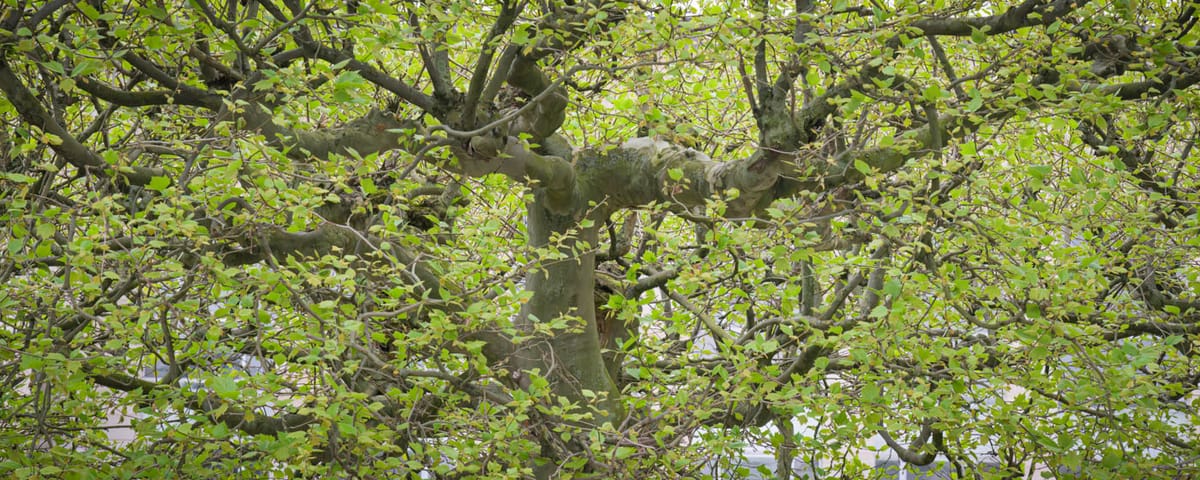Dutch government officially launches Mastodon server
The Dutch government has officially launched their own Mastodon server. In an accompanying letter, the State Secretary explains how this relates to the government strategy of supporting digital common goods.

The Dutch government has officially launched their Mastodon server, at social.overheid.nl. The server came online over the weekend, and today the Alexandra van Huffelen, State Secretary of Digitalisation, announced that the server has officially been taken into use. The server is hosted on the domain overheid.nl, the official domain of the Dutch government.
The State Secretary is one of the first users, and has transferred her account from mastodon.nl to the new server. Other accounts that have set up include the Tax Office and the Ministry of Interior Affairs. The server is mainly intended for governmental organisations. In a letter to the House of Representatives, the State Secretary mentions as one of the explicit reasons for this server is to facilitate government organisations with a concrete movement towards social media alternatives.
The letter, which Van Huffelen also mentions in the introductory post on Mastodon, goes into more detail about the governmental strategy and vision regarding Digital Common Goods. Digital Common Goods are described as free and open source software, open standards or open data, with a shared ownership structure. As an example, Mastodon is explicitly mentioned. This indicates that the Mastodon server of the government is more than just an experiment. Instead it represents a shift in thinking about digital public spaces. The letter states that in case that regulation of private organisations is not sufficient to guarantee the values that public spaces needed, the government may decide to support or supply alternatives. Van Huffelen says that free and public debate should be able to happen in safe and open digital public spaces, and projects that the government launches should adhere to these values.
Another, unrelated, example of the shift in thinking in the Dutch government is about an unanimously adopted motion in the House of Representatives. Last week saw a major storm, and the fire department send out an emergency text warning to people, urging them to check Twitter for the latest updates. However, this coincided with Twitter preventing people who do not have accounts from viewing tweets, resulting in people not being able to see emergency service updates. The House filed a motion in response, stating that emergency situations, the government should make sure that information is publicly accessible.
The direct impact of this motion is not large, but it does represent that governments are becoming aware of the risk of relying on private companies for public information. With the new Mastodon server, the Dutch government has set a step in the direction of owning their own information channels towards the Dutch public.



